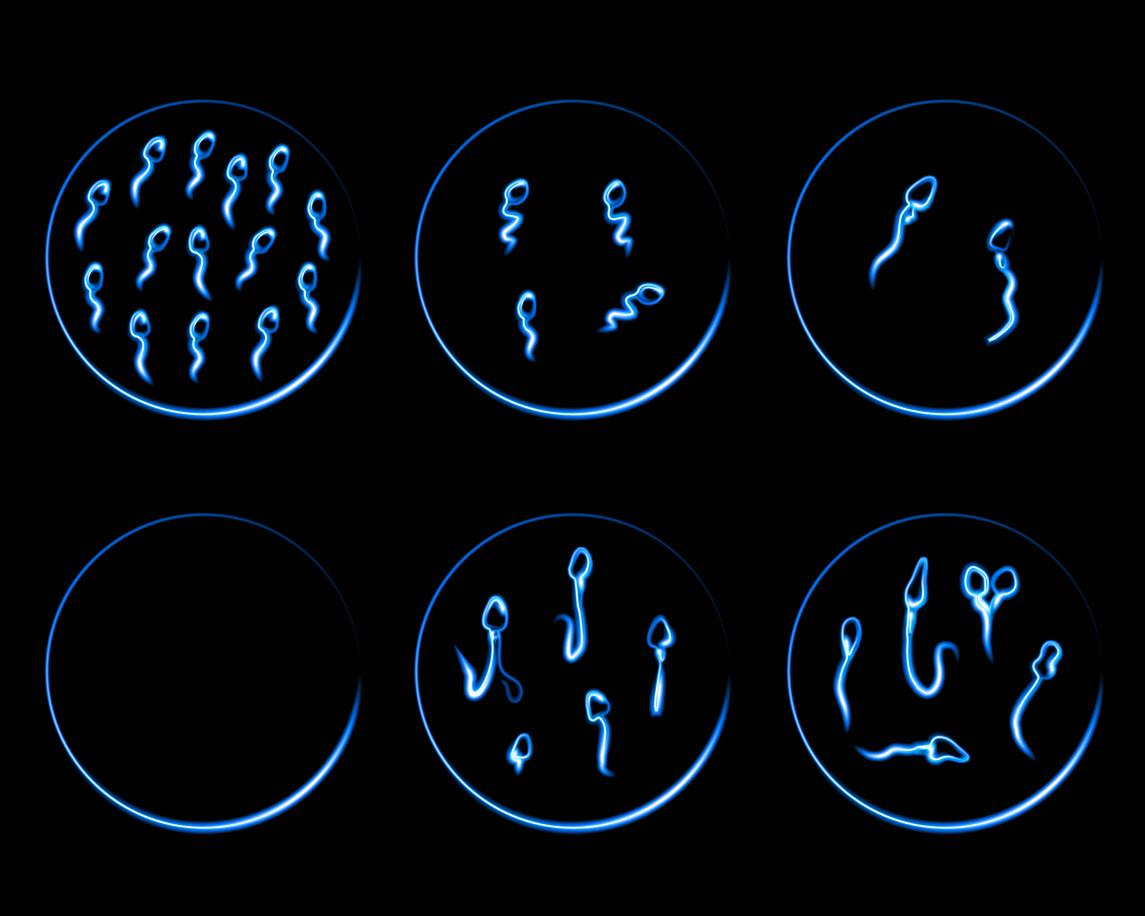November 9, 2001 – According to a recent study carried out in Denmark1, the month of birth could influence the chances of getting Crohn’s disease in children and adolescents.
By analyzing all cases of Crohn’s disease diagnosed in under-21s in Danish hospitals from 1977 to 1992, the researchers observed a minimum number of cases among February natives, a maximum among those in August, and, overall, a greater occurrence of cases in the second half of the year. However, you don’t need to rush to your horoscope to know the risks of having Crohn’s disease, because the real culprits seem rather to be the infectious agents which are related to it and which are more present at certain times of the year. In other words, there could be a link between the occurrence of Crohn’s disease and exposure to infectious agents during intrauterine life or in infancy. However, no specific agent could be identified and no specific period of pregnancy could be designated as more at risk.
The hypothesis of the relationship between exposure to certain infectious agents, particularly those of measles, during intrauterine life or in early childhood and the occurrence of Crohn’s disease has been demonstrated in some studies, but has been refuted in others. It therefore seems that we cannot be certain and that new studies and data will be necessary before we can prevent specific infections in pregnant women during certain periods of pregnancy. In addition, Danish research results regarding the higher risk for births in the second half of the year differ from those obtained in Britain following a study that reported a greater occurrence in the first half of the year. the year.
Remember that Crohn’s disease is an inflammatory bowel disease that can cause symptoms such as diarrhea and nausea. It causes great suffering and can destroy parts of the intestine. To date, the symptoms of the disease can be relieved with surgery and medication, but the disease itself cannot be cured. One million Americans suffer from inflammatory bowel disease, including Crohn’s disease.
Élisabeth Mercader – PasseportSanté.net
According to Reuters Health, October 19, 2001
1. Sorensen HT, Pedersen L, Norgard B, Fonager K, Rothman KJ. Does month of birth affect risk of Crohn’s disease in childhood and adolescence?BMJ. 2001 Oct 20; 323 (7318): 907.















